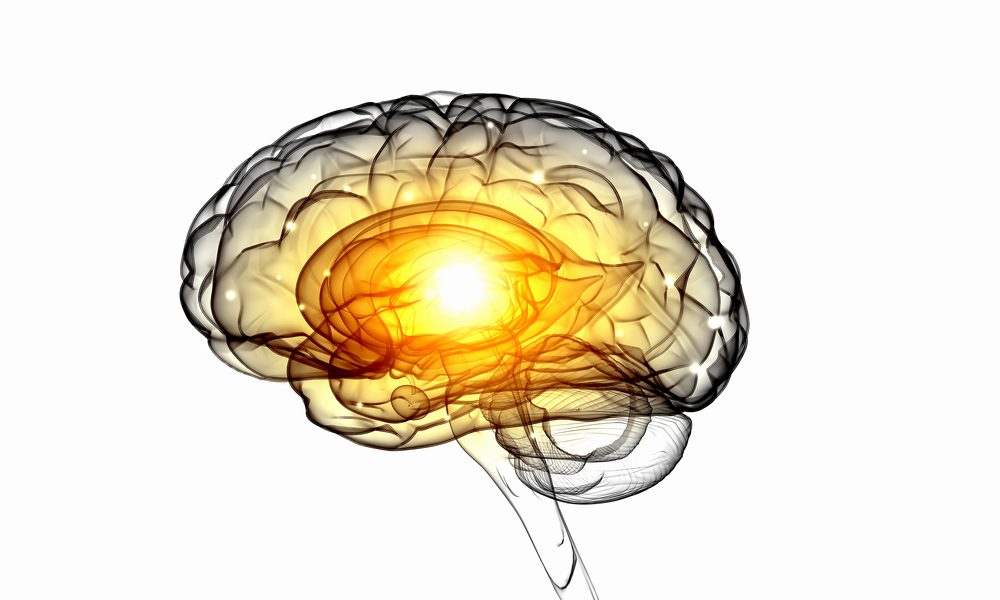No Clear Way Forward Seen in Attempts at Avoiding Dementia in Older Age, Review Says
Written by |

Four ways of possibly preventing dementia late in life — prescription medicines, over-the-counter (OTC) supplements and vitamins, physical activity, and cognitive training — are all seem to be inadequate at that task, a Minnesota Evidence-based Practice Center (EPC) study showed.
Researchers conducted a systematic review of published to determine if any interventions had enough evidence to warrant an official recommendation in any of these four therapeutic by the Agency for Healthcare Research and Quality (AHRQ), part of the U.S. Department of Health and Human Services. Their separate studies — one in each of these areas — were published in the Annals of Internal Medicine.
While the prevalence of dementia and Alzheimer’s disease is expected to increase as the population ages, there are no optimal treatments to prevent or delay cognitive decline.
Data in a review of 51 clinical studies comparing the effect of prescription medication with placebo, usual care, or active control on cognitive outcomes, was not sufficient to support use of any of the studied pharmacological options. These included medications for dementia, hypertension, diabetes and products for cognitive protection. The results were published in “Pharmacologic Interventions to Prevent Cognitive Decline, Mild Cognitive Impairment, and Clinical Alzheimer-Type Dementia: A Systematic Review.”
A review of 38 studies comparing OTC (over-the-counter) products, including omega-3 fatty acids, soy, ginkgo biloba, B vitamins, vitamin D plus calcium, vitamin C, beta carotene or combinations of several products against placebo, reported that no product provided sufficient evidence to suggest supplements worked to reduce the risk of cognitive decline.These results were published in “Over-the-Counter Supplement Interventions to Prevent Cognitive Decline, Mild Cognitive Impairment, and Clinical Alzheimer-Type Dementia: A Systematic Review.”
In a review of 16 studies comparing physical activity in older people to inactive controls, evidence on improving cognition was seen as insufficient. Interventions included aerobic, resistance or tai chi training, and combinations of that included physical activity, diet and cognitive training. The latter, the combination, were the only approach seen to offer weak evidence of “a delay in cognitive decline,” the researchers wrote. Findings were published in “Physical Activity Interventions in Preventing Cognitive Decline and Alzheimer-Type Dementia: A Systematic Review.”
A final review of 11 studies comparing different types of cognitive training, and including adults with healthy cognition or mild cognitive impairment, found no support of benefits in preventing dementia. But in older adults given cognitive training, “cognitive performance in the domain trained” was seen to improve, so that memory training improved memory, but no other dimensions of cognition. Results were published in “Does Cognitive Training Prevent Cognitive Decline?: A Systematic Review.”
But, the scientists noted in a press release that, even though the benefits of a healthier lifestyle were not shown in studies to protect against dementia or cognitive decline, it is unlikely a healthy lifestyle would worsen cognition at the future point, and could benefit a person in many other ways.
An accompanying editorial was published with these reviews, titled “Prevention of Late-Life Dementia: No Magic Bullet.”





